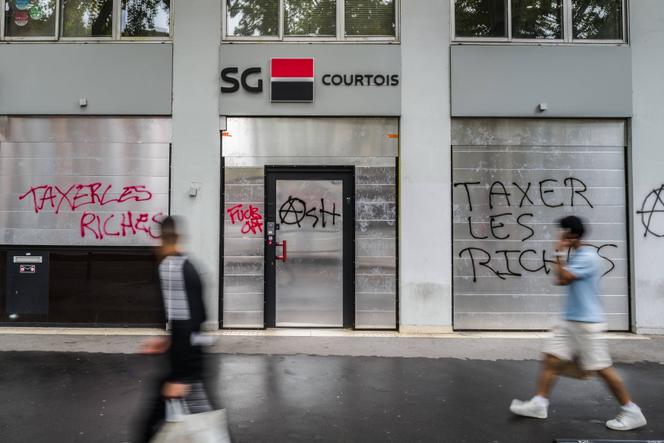


A "huge rally" will be organized by business leaders in "a few days." When was the last time company heads launched an operation like the one announced on Tuesday, September 23, by the MEDEF, France's main employers' federation? Perhaps not since December 14, 1982, when Yvon Gattaz, then known as the "boss of bosses," gathered 20,000 executives to protest against the policies of President François Mitterrand, a Socialist.
Business leaders do not typically adopt the jeers, firecrackers and megaphones of union-led protests. This alone shows how serious they believe the situation has become. This time, the threat is so significant that they have felt compelled to speak out, loudly. "We must assert [our] essential contribution to the public good," said Patrick Martin, the MEDEF's president, on Tuesday, at event held by the public bank Bpifrance. "Certain dangerous theories for our companies are circulating frenetically, at an extremely high volume."
The threat now has a name: Zucman. The new nemesis of the wealthy, the one who sends a chill down their spines. Since the collapse of Prime Minister François Bayrou's government on September 8, the proposal by economist Gabriel Zucman for an annual 2% wealth tax on households whose wealth exceeds €100 million has dominated budget discussions. And it has provoked a spectacular uproar, far beyond the 1,800 ultra-rich who would have to pay it.
You have 84.38% of this article left to read. The rest is for subscribers only.
